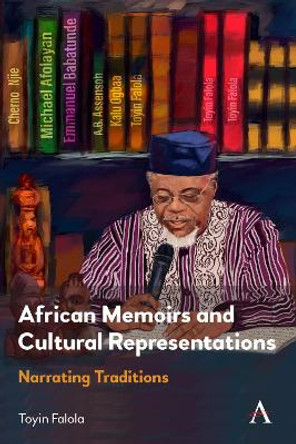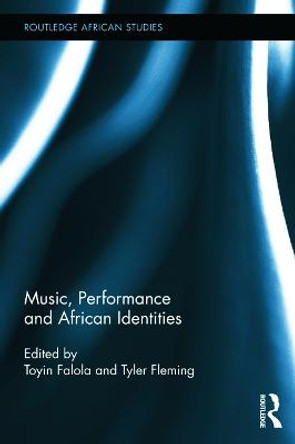An analysis of the ties between culture and every aspect of African life, using Africa's past to explain present situations. This book focuses on the modern cultures of Africa, from the consequences of the imposition of Western rule to the current struggles to define national identities in the context of neo-liberal economic policies and globalization.The book argues that it is against the backdrop of foreign influences that Africa has defined for itself notions of identity and development. African cultures have been evolving in response to change, and in other ways solidly rooted in a shared past. The book successfully deconstructs the last one hundred and fifty years of cultures that have been disrupted, replaced, and resurrected. The Power of African Cultures challenges many preconceived notions, such as male dominance and female submission, the supposed unity of ethnic groups, and contemporary Western stereotypes of Africans. It also shows the dynamism of African cultures to adapt to foreign imposition: even as colonial rule forced the adoption of foreign institutions and cultures, African cultures appropriated these elements. Traditions were reworked, symbols redefined, and the past situated in contemporary problems in order to accommodate the modern era. Toyin Falola is a Fellow of the Nigerian Academy of Letters and Fellow of the Historical Society of Nigeria. He is the recipient of the 2006 Cheikh Anta Diop Award for Exemplary Scholarship in AfricanStudies, and the 2008 Quintessence Award by the Africa Writers Endowment. He holds an honorary doctorate from Monmouth University and he is University Distinguished Teaching Professor at the University of Texas at Austin where heis also the Jacob and Frances Sanger Mossiker Chair in the Humanities. His books include Nationalism and African Intellectuals and Violence in Nigeria, both from the University of Rochester Press.
About the AuthorTOYIN FALOLA is Professor of History, University Distinguished Teaching Professor, and the Jacob and Sanger Mossiker Chair in the Humanities at the University of Texas at Austin.
ReviewsFalola . . . approaches the subject of African history and cultural transformation with enthusiasm and conviction. . . . [F]amiliar themes [are] presented here with a twist that touches the nerve of Africanist scholarship in a manner that conveys the intellectual ferment arising from African universities and transferred through scholarly migration to universities in North America. . . . Professor Falola is truly a most distinguished Africanist historian, with a reflective and critical voice that builds on the fine tradition of Nigerian scholarship of Ajayi, Afigbo, Alagoa and others. AFRICAN HISTORY, 2006 * . *
Without question, Professor Falola is the most prolific African historian writing today, and one of the most influential scholars in African studies. . . . One of Falola's achievements as a scholar is his recognition of the scholarship of colleagues at African universities, whose research has been important in the evolution of the discipline, at the same time that most of these scholars suffer from inadequate library resources, erratic publication venues and limited access to the Internet. He privileges the voices and analysis of Africans, which serves as an important correction to the substantial contributions of scholars from Europe and North America. * JOURNAL OF AFRICAN HISTORY, 2006 *
Book InformationISBN 9781580462976
Author Professor Toyin FalolaFormat Paperback
Page Count 368
Imprint University of Rochester PressPublisher Boydell & Brewer Ltd
Weight(grams) 1g








